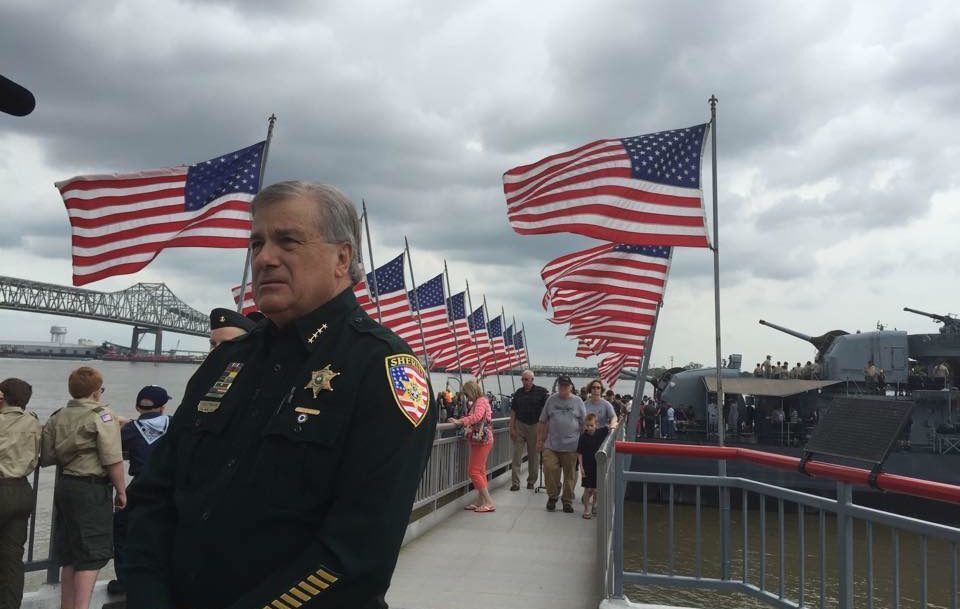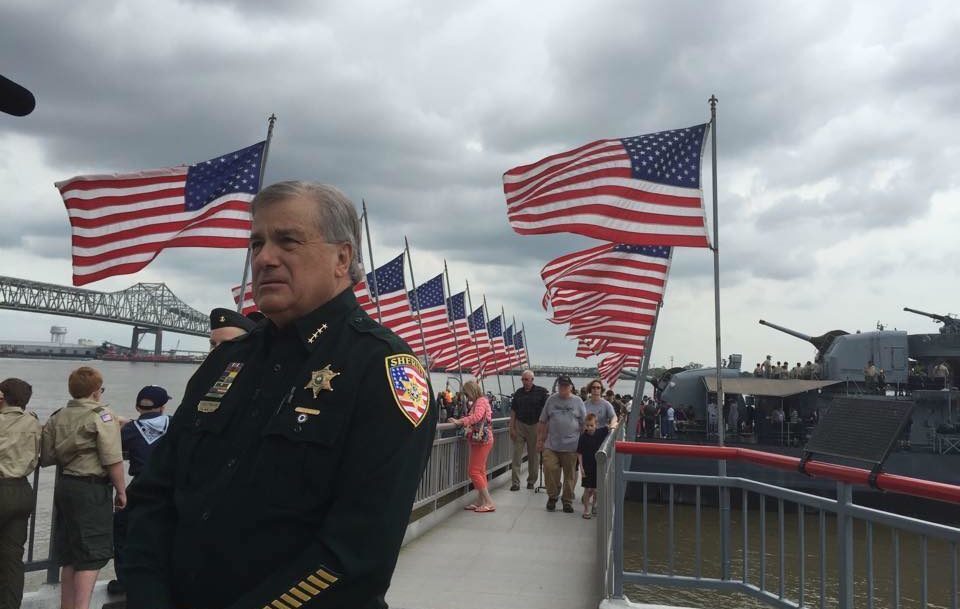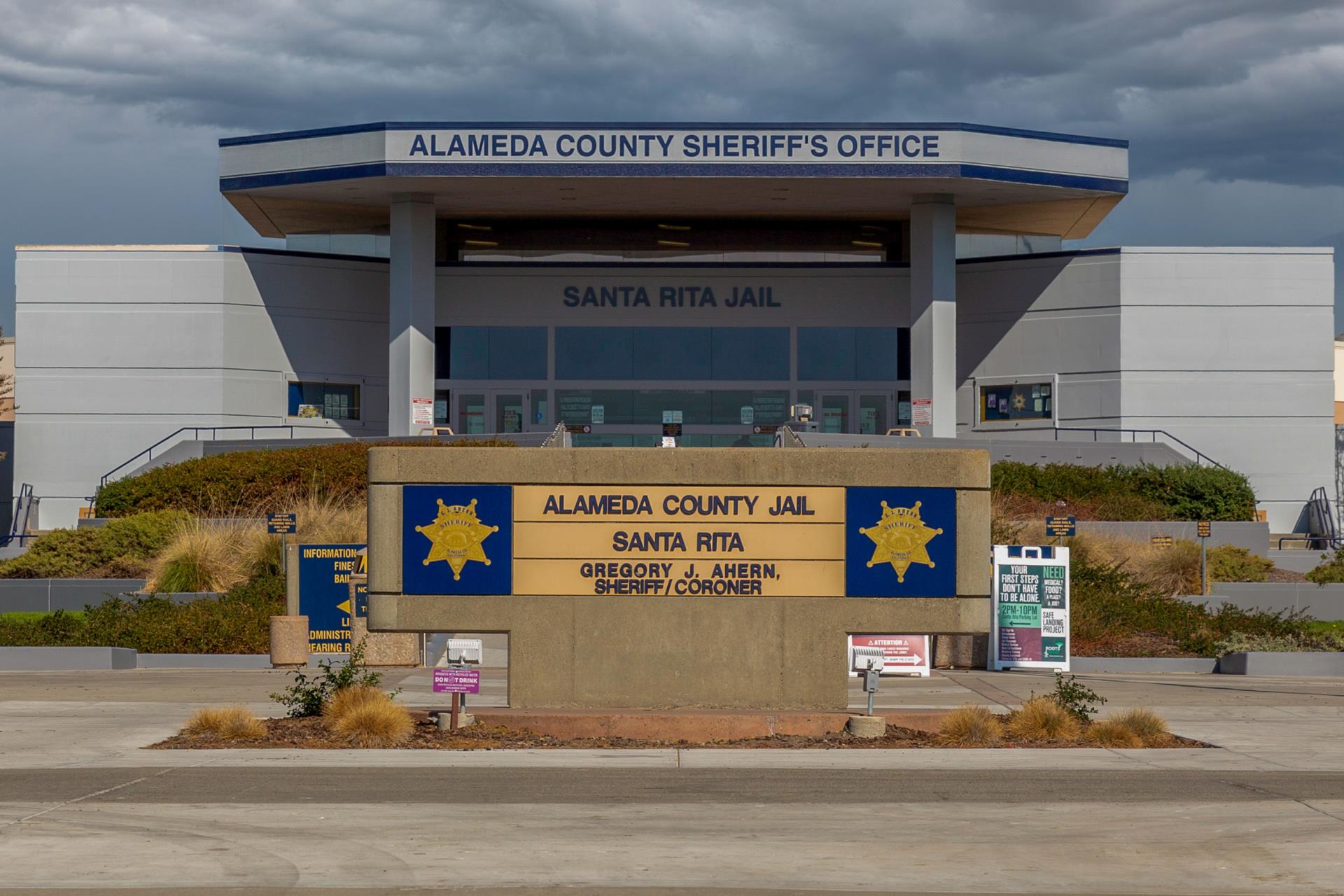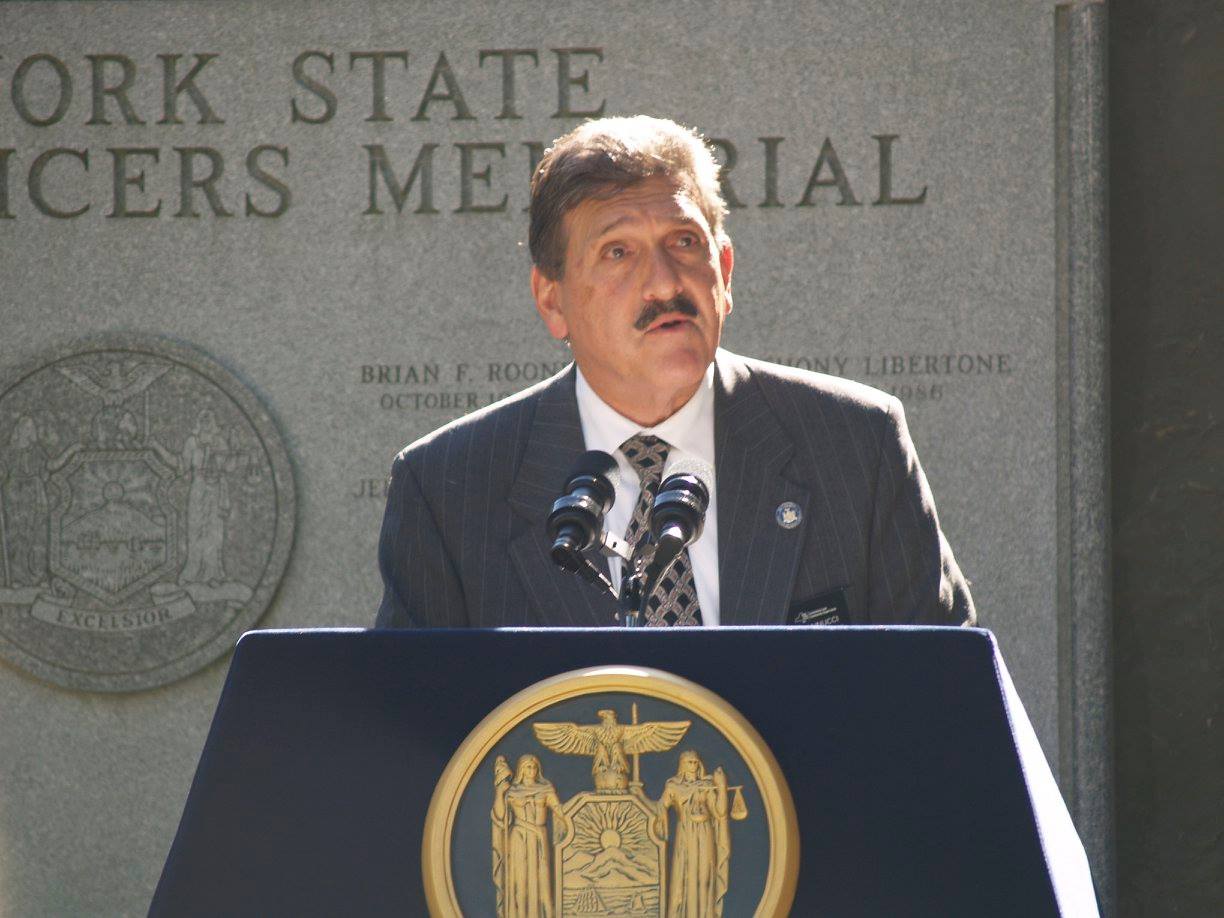New Law Could Make It Even Harder to Get Health Care in Deadly West Virginia Lockups
In a last-minute special session, the GOP-led legislature rushed through a law denying care that corrections officials don’t deem “medically necessary.”
Alex Burness | September 6, 2023
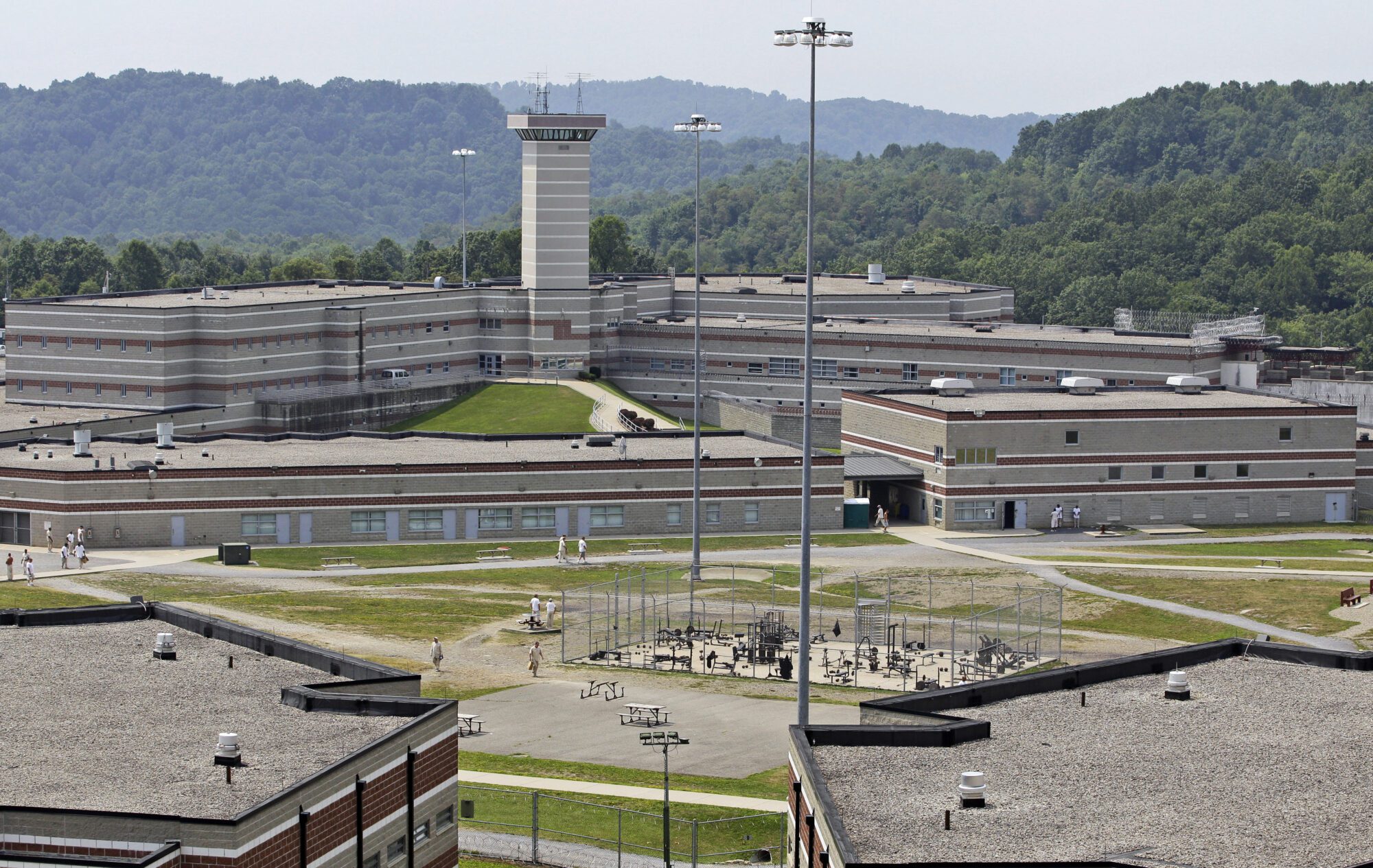

Deborah Ujevich has forgotten Jenny’s last name, but remembers well how desperately she wanted to be free, how scared she was of dying in prison.
Jenny had been locked up for several years by the time Ujevich arrived at West Virginia’s all-women Lakin Correctional Center and Jail. There, Ujevich says, Jenny had complained of a persistent pain in one of her breasts, but struggled to get staff to take that problem seriously. In fact, Ujevich says, the staff hardly paid her any mind until Jenny’s condition sharply and visibly worsened. Only after that point did Jenny learn she had breast cancer.
Ujevich still fumes over how long it took Jenny to obtain that diagnosis, and over what came next: “She couldn’t get her chemo on time,” Ujevich told Bolts.
Jenny was released in late 2016. She spent Christmas with her family, then died in January.
Ujevich is now free and heading a nonprofit project called West Virginia Family of Convicted People, where she advocates for changes to the state’s prison system, including improvements in health care. She’s nervous that a new state law, passed during a special session last month by West Virginia’s GOP-run legislature and signed by its Republican governor, could lead to more cases like Jenny’s.
Senate Bill 1009 bans the use of state funds for any health care for incarcerated people that isn’t deemed “medically necessary.” The policy leaves it to state Corrections and Rehabilitation Commissioner Billy Marshall—a career law enforcement agent who has said incarcerated people are lying when they allege inhumane treatment by the state—to define “medically necessary” and makes clear that this definition can supersede guidance from health professionals. “A provider of health care prescribing, ordering, recommending, or approving a health care service or product does not, by itself, make that health care service or product medically necessary,” the law reads.
West Virginia already routinely fails to provide basic, essential care in its jails and prisons, several formerly incarcerated people told Bolts. Kenneth Matthews, who was locked up for more than eight years and has been free since 2020, says he lived this firsthand, as a diabetic person with high blood pressure.
In prison, he said “I didn’t get insulin, and they didn’t give me medication for my high blood pressure either. They said maybe if I lost some weight and worked out more, my blood pressure and diabetes would correct itself.”
And Zoey Hott, a trans woman who was incarcerated for about 18 months and released August 1, said people needing gender-affirming care feel this struggle acutely. She told Bolts she was promptly taken off hormone therapy when she arrived at jail and then denied this treatment as she was transferred to several different jails. The interruption, she said, caused physical discomfort and profound mental health issues.
“It took me five months to even be evaluated,” Hott added. “They don’t really look at it as something of significant importance for anybody. I feel like they view it as an elective procedure.”
Stories like these abound, JoAnna Vance, an organizer with the West Virginia Economic Justice Project, told Bolts. “Health care in jails and prisons is not good. ‘Mental health services’ is just throwing people in solitary. We just had another death in one of our jails this morning. I know people who’ve been having seizures in jail and the correctional officers ignore them or tell the other inmates to deal with it. Lord, there’s so much.”
West Virginia contracts with a private company, Wexford Health, for medical care in its jails, prisons, and juvenile detention centers. All over the country, from Arizona to Illinois to West Virginia, incarcerated people and their advocates have complained for years of medical dangers resulting from government partnerships with Wexford. Most recently, a lawsuit filed in July accused the company of denying thousands of incarcerated West Virginans medication for opioid use disorder.
In the treatment of addiction and so much else, health care in U.S. carceral facilities is typically abysmal—even as the people locked in those facilities are, on average, much more medically vulnerable than the population at large. The situation grows even more dangerous where care is outsourced to private companies, like Wexford, a broad Reuters analysis found.
But even against this national backdrop, West Virginia stands out: it led the nation in prison deaths per capita in 2020, and, that same year, the Reuters analysis found that its jails had the highest death rate between 2009 and 2019, among dozens of regions around the country that the news agency surveyed.
And so it is alarming to those critical of this deadly system that the state has passed a new law that could soon curtail what little public funding the state currently allocates for health care in jails and prisons. Advocates worry now about what SB 1009 will mean for incarcerated people seeking gender-affirming care, contraception, disability accommodations, or anything else the state might try to argue is not “necessary.”
“I think this has the potential to be extremely abused. I really do,” Ujevich said. In West Virginia jails and prisons, she added, “They just do not give a shit about your medical care. Not one shit.”
It’s hard to know how, exactly, SB 1009 will change the status quo. The enrolled bill is less than 500 words long and leaves many blanks to be filled. Notably, it does not specify any forms of health care that are being provided today that might be eliminated under this policy and leaves broad authority to the state Division of Corrections and Rehabilitation to set new rules moving forward.
And while the law does require the division head to consult with a “medical professional” before deciding whether a given instance of medical care is indeed “necessary,” it neither defines “medical professional” nor compels the division to accept professionals’ advice.
Delegate David Kelly, the Republican chair of West Virginia’s House Jails and Prisons Committee, told Bolts the point of the bill is to make carceral health care rules uniform across the state system—that is, he said, whether or not someone receives a certain type of medical care while locked up should not depend on their facility. But he was unable to say whether there is a lack of uniformity in the system today, and could not identify any particular procedures or benefits the state funds today that he believes should not be covered in the future.
With few specifics written into the law and such broad powers granted to prison officials, a dozen different lawyers, lawmakers, advocates, and formerly incarcerated people interviewed for this story told Bolts the best they can hope for is that the policy change won’t much affect West Virginia’s standard of care in jails and prisons. But, “worst-case scenario, it will prevent even more medical care for incarcerated people,” said state Delegate Mike Pushkin, a Democrat who voted against SB 1009.
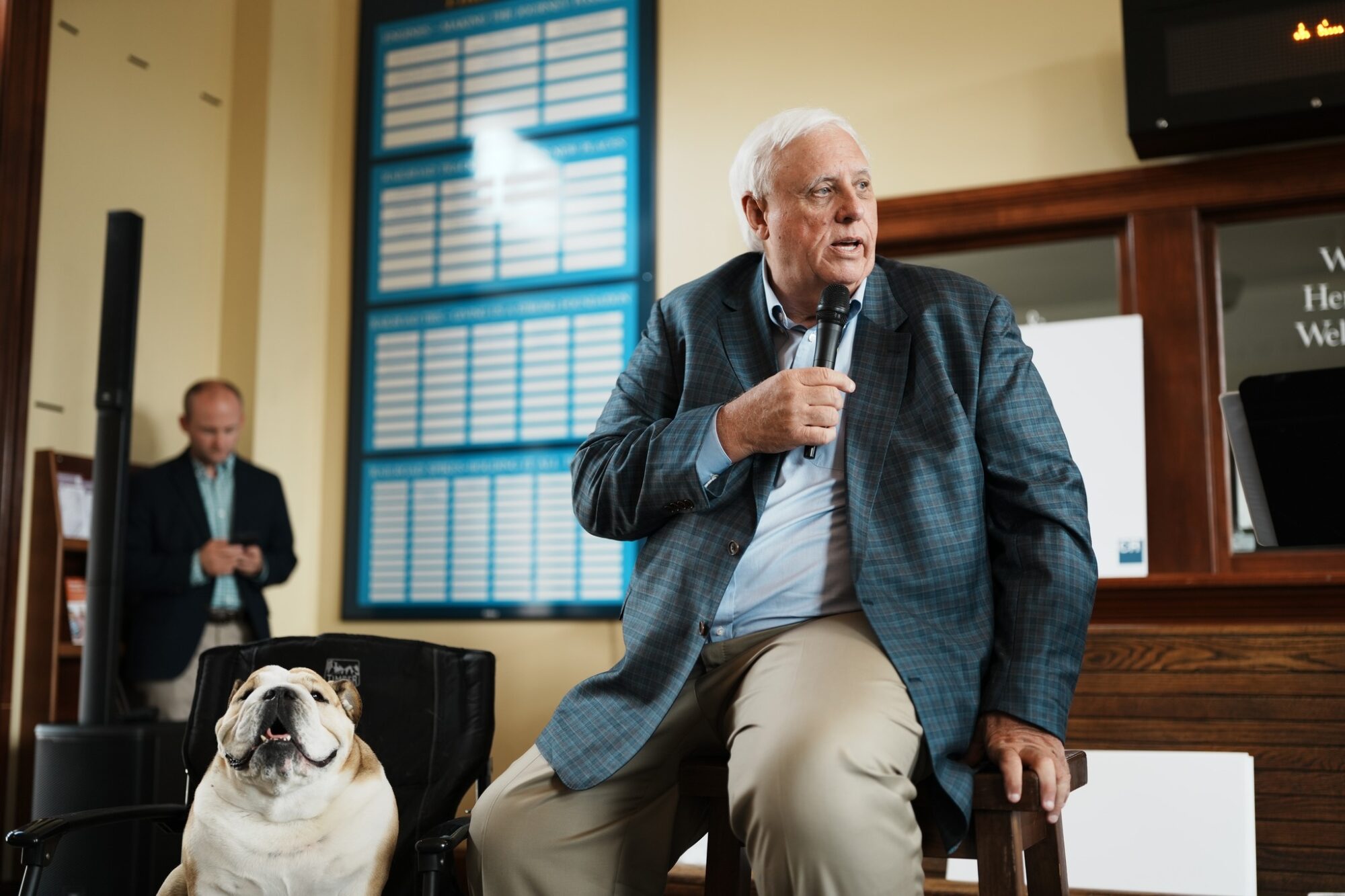

Pushkin and several others said they believe this law could open West Virginia to lawsuits. Recent successful litigation accused Corrections officials of inadequate medical and mental health care, and a new suit filed this month in federal court alleges 10,000 people in the state’s custody live in inhumane conditions.
“The United States constitution sets the minimum floor as to what the state has to provide to people who are incarcerated, and there’s no statute that the West Virginia legislature could pass that would somehow remove that obligation,” said Lydia Milnes, deputy director at Mountain State Justice, which has sued the state over health care for incarcerated people. If SB 1009 leads West Virginia officials to deny even more basic health care in jails and prisons, Milnes said, “There can and will be more litigation.”
SB 1009 could also be a cost-saving measure for a state jail and prison system dealing with critical staffing issues—Commissioner Marshall said over 1,000 positions are vacant in West Virginia jails and prisons, twice as many as before the COVID-19 pandemic—that advocates say contribute to the state’s deadly carceral conditions. But the special legislative session last month resulted in much more discussion of pay raises for jail and prison staff than of ways to ensure safety and wellbeing for incarcerated people.
“I think they’ve barely chiseled away at the edges,” said Pushkin, one of just 11 Democrats in the 100-member state House. “You need safe places for people who are incarcerated. And we don’t have that here in West Virginia.”
Republican Governor Jim Justice called the special session, which began on the same afternoon he announced it. SB 1009 was one of the 44 bills that Justice included on his call, directing the legislature to take it up.
He requested for the session to begin at 4 p.m. on a Sunday, and some state lawmakers told Bolts they didn’t get a peek at the legislation being proposed until about 3:30 p.m. The process left many people directly concerned with or affected by the slew of legislation no time to assess it, much less to testify on it.
“The lack of transparency during the special session was completely appalling, and it’s not the way democracy is supposed to work,” Pushkin said.
Kelly, the Republican delegate, pushed back, telling Bolts that SB 1009 had been brainstormed for “several months.” If so, that’s news to many people who work closely on and are directly affected by the issue of health care in jails and prisons in West Virginia.
This policy change concerning “medically necessary” care received only one public hearing before it became law, in a 35-minute discussion of the House Judiciary Committee. The Republicans backing the bill made little effort to identify the need for this change, and Brad Douglas, the executive officer of the Division of Corrections and Rehabilitation, offered little information when he testified under oath.
In a private meeting the day the special session began, the Republican legislative leadership said this reform was needed “because of nose jobs and knee replacements” for incarcerated people, Democratic state Delegate Evan Hansen told Bolts. “They did not present any backup data or evidence.”
Among the few substantive public remarks any elected West Virginia Republican has made on this policy, state Delegate Brandon Steele voiced support during the committee hearing for state funds being used on voluntary sterilization of incarcerated people.
“If one of these individuals wanted to get a vasectomy or hysterectomy or something like that, I think that it’s good public policy to allow them to do that,” Steele said, in a remark that went unchallenged at the hearing. (Steele isn’t the first to advocate along these lines: GOP state Senator Randy Smith recently suggested West Virginia should shorten jail and prison sentences for anyone who agrees to be sterilized, so that those people “don’t bring any more drug babies into the system.”)
At one point in the hearing, Democratic Delegate Joey Garcia, who sits on the Judiciary Committee, pressed Douglas to identify any procedure or medical benefit that the state is funding today, but may not fund under SB 1009.
“So, you don’t have any examples?” Garcia asked.
“I do not,” responded Douglas.
Only when asked directly about West Virginia’s extreme rate of jail and prison deaths did Douglas even acknowledge them. “It would be accurate to say we’ve had inmates die in jails, yes,” he said. When asked if that is a “problem,” Douglas said only, “It’s never good if any inmate passes away.”
SB 1009 passed the legislature the following day. It passed the Senate unanimously, including with support from Democratic members. The House passed it on a margin of 86 to 9, with eight Democrats and one Republican opposing.
“The guy was playing dumb,” Hansen said of Douglas. “But that happens with a lot of bills in the legislature in West Virginia, now that the Republicans have a supermajority. They work things out in their caucus ahead of time, and it’s very rare for someone from the majority party to slow things down by asking questions.”
For the previously incarcerated people who spoke to Bolts, SB 1009 has reaffirmed their feeling of abandonment by the state and renewed their outrage with what they perceive to be indifference by state officials to the lives and livelihoods of those locked up in West Virginia.
“It’s horrible, to say the least,” Matthews said. “I think they’re putting a lot of men and women’s lives at risk over the sake of potentially saving some money. Somebody’s life shouldn’t have a dollar amount attached to it.”
Soon after he was released, Matthews was hospitalized with diabetic ketoacidosis, a life-threatening condition. “My endocrinologist told me I should have been on medication for a long time,” he said. “I asked, ‘What’s a long time?’ and he said at least the last five or 10 years. I said, ‘That’s interesting, because I was incarcerated for most of that time.’”
Matthews said that his own experience underscored for him that whether a particular procedure or treatment is considered elective or necessary can depend on the whims of whomever gets to make the call.
“It would have been very easy for them to get me on medication to control this early, but I guess they didn’t feel that it was ‘medically necessary,’” he said. “A lot of guys’ life expectancy is shortened because of this. I could’ve died in my sleep because they didn’t take my issues seriously.”
Sign up and stay up-to-date
Support us
Bolts is a non-profit newsroom that relies on donations, and it takes resources to produce this work. If you appreciate our value, become a monthly donor or make a contribution.



